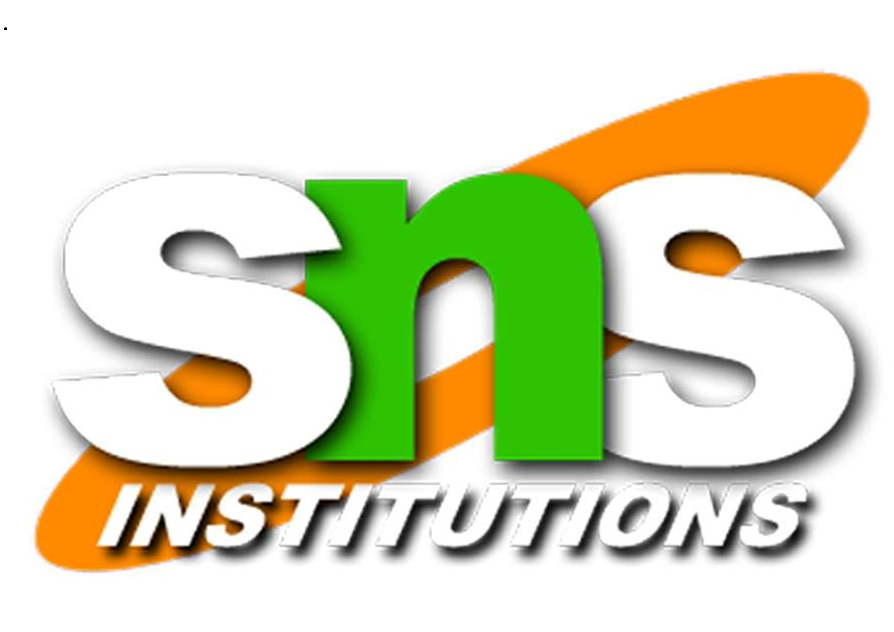
a) Brief introduction to Biotechnology with reference to Pharmaceutical Sciences. b) Enzyme Biotechnology- Methods of enzyme immobilization and applications. c) Biosensors- Working and applications of biosensors in Pharmaceutical Industries. d) Brief introduction to Protein Engineering. e) Use of microbes in industry. Production of Enzymes- General consideration - Amylase, Catalase, Peroxidase, Lipase, Protease, Penicillinase. f) Basic principles of genetic engineering
a) Study of cloning vectors, restriction endonucleases and DNA ligase. b) Recombinant DNA technology. Application of genetic engineering in medicine. c) Application of r DNA technology and genetic engineering in the production of: i) Interferon ii) Vaccines- hepatitis- B iii) Hormones-Insulin. d) Brief introduction to PCR
Types of immunity- humoral immunity, cellular immunity a) Structure of Immunoglobulins b) Structure and Function of MHC c) Hypersensitivity reactions, Immune stimulation and Immune suppressions. d) General method of the preparation of bacterial vaccines, toxoids, viral vaccine, antitoxins, serum-immune blood derivatives and other products relative to immunity. e) Storage conditions and stability of official vaccines f) Hybridoma technology- Production, Purification and Applications g) Blood products and Plasma Substituties.
a) Immuno blotting techniques- ELISA, Western blotting, Southern blotting. b) Genetic organization of Eukaryotes and Prokaryotes c) Microbial genetics including transformation, transduction, conjugation, plasmids and transposons. d) Introduction to Microbial biotransformation and applications. e) Mutation: Types of mutation/mutants.
a) Fermentation methods and general requirements, study of media, equipments, sterilization methods, aeration process, stirring. b) Large scale production fermenter design and its various controls. c) Study of the production of - penicillins, citric acid, Vitamin B12, Glutamic acid, Griseofulvin, d) Blood Products: Collection, Processing and Storage of whole human blood, dried human plasma, plasma Substituties.
Reference Book:
1. B.R. Glick and J.J. Pasternak: Molecular Biotechnology: Principles and Applications of RecombinantDNA: ASM Press Washington D.C. 2. RA Goldshy et. al., : Kuby Immunology. 3. J.W. Goding: Monoclonal Antibodies. 4. J.M. Walker and E.B. Gingold: Molecular Biology and Biotechnology by Royal Society of Chemistry. 5. Zaborsky: Immobilized Enzymes, CRC Press, Degraland, Ohio. 6. S.B. Primrose: Molecular Biotechnology (Second Edition) Blackwell Scientific Publication. 7. Stanbury F., P., Whitakar A., and Hall J., S., Principles of fermentation technology, 2nd edition, Aditya books Ltd., New Delhi
Text Book:
A Text Book of Pharmaceutical Biotechnology, Prof. Chandrakant Kokare, Nirali Prakashan.
